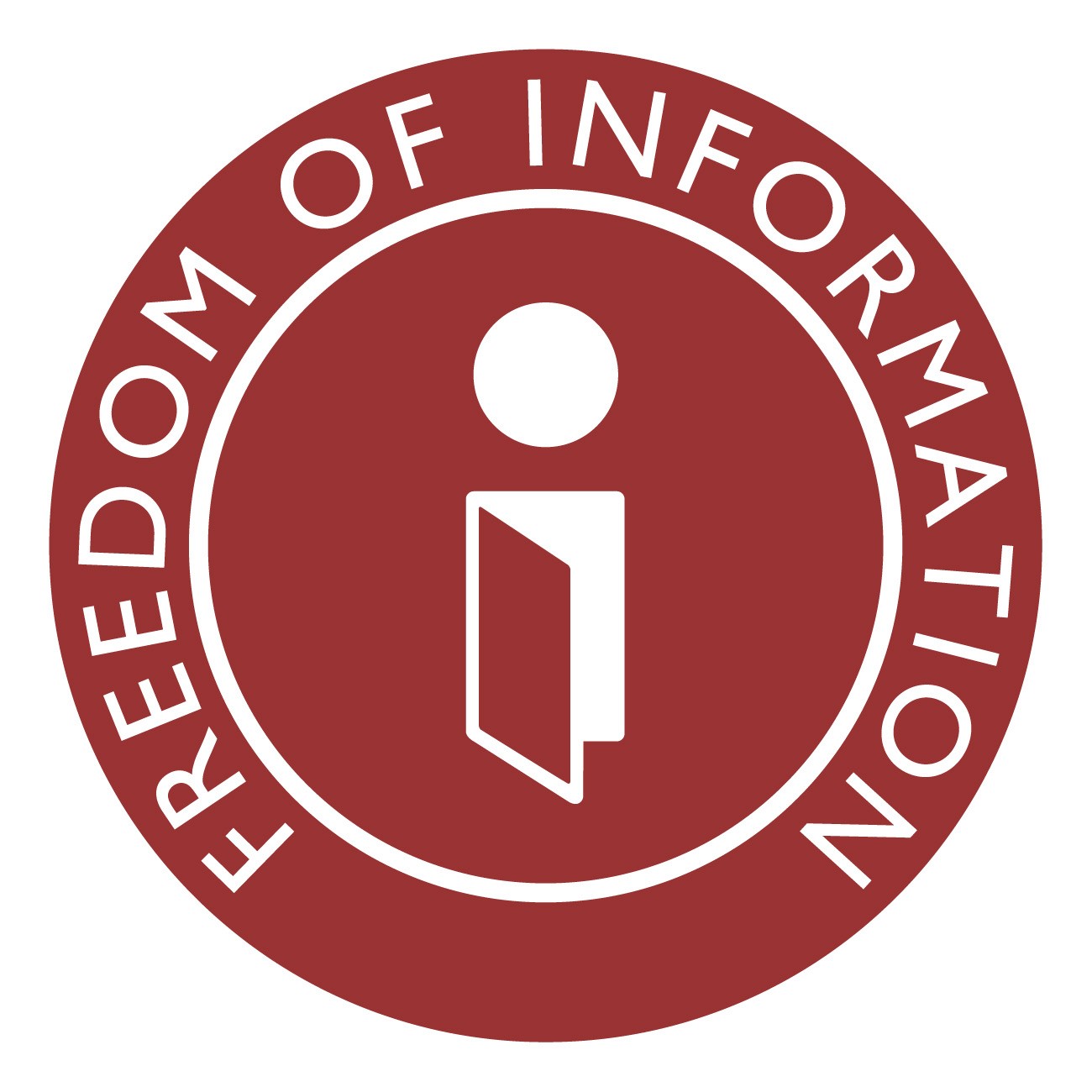
As you may already be aware, under the Freedom of Information Act, Universities are counted as public authorities and therefore need to respond to requests for information. In the age of transparent, open research this should not necessarily be problematic – however, it does raise considerable issues with regards to research in progress. The development of excellent research is dependent on rigorous analysis and peer review; so requests for data that has not been through this process can be problematic. For example, controversial topics such as research on climate change may be misappropriated by media sources, or members of the general public could respond to unverified findings on research relating to public health. It does not take a huge amount of imagination to understand how this could have dire consequences both the individual researcher and their HEI. Thus, Universities UK have highlighted this as an issue and have been campaigning for exemption to unpublished research findings. The opportunity to make changes has arisen through the process of post-legislative scrutiny.
Last week, Vivienne Stern, Head of Political Affairs at Universities UK has recently reported that in response to the Justice Committee: “The Government has accepted the recommended new exemption for unpublished research”. Notably, the report states that Government is “minded to explore options for providing that time taken to consider and redact information can be included in reaching the cost limit”. If you are interested in reading further, you can find the full report here
This serves as a timely reminder that research data can be subject to Freedom of Information requests. If you are approached for a Freedom of Information Act 2000 request, you should contact our Legal Services department and see the appropriate webpages here. Jisc also holds useful additional information about the Freedom of Information Act which you can find here.
What this debate also reminds us of is the importance of ensuring that we only go public with research findings when they have been through the rigorous standards assessment and review associated with academic research. Colleagues that have worked with me know that when we are discussing public engagement initiatives, I often ask them some detailed questions about the underpinning research. Ultimately, it is the responsibility of the academic engaging with the public to ensure that their statements can be underpinned by appropriate research and is crucial to bear in mind, no matter how tantalising early findings may be! If you would like to discuss this further, please do not hesitate to contact me or Julia Hastings-Taylor, Research Development Officer (Research Conduct).


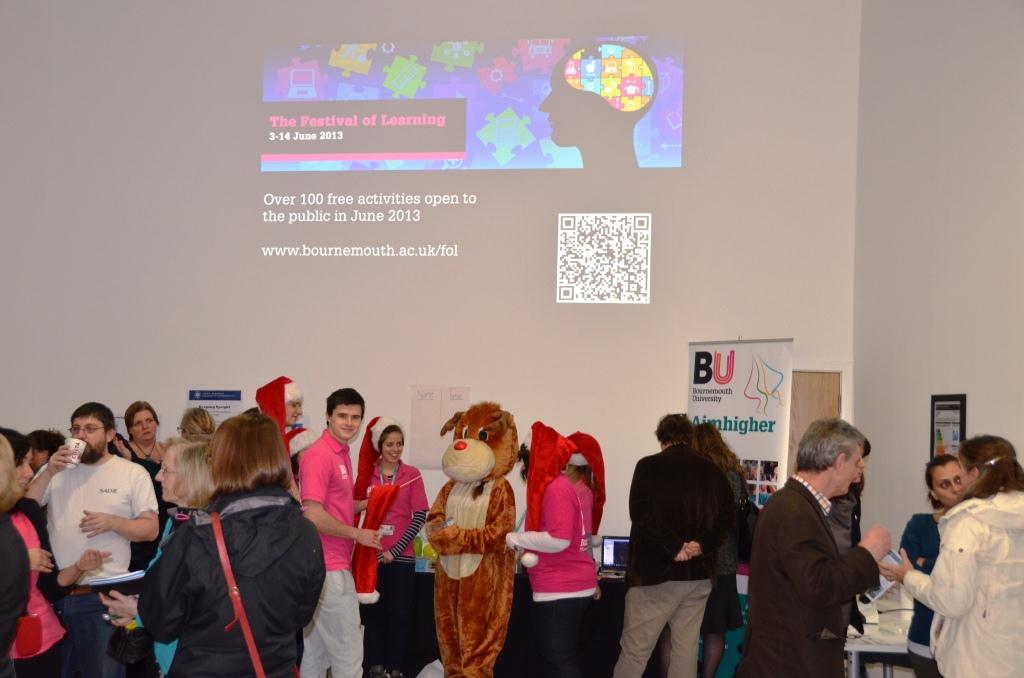
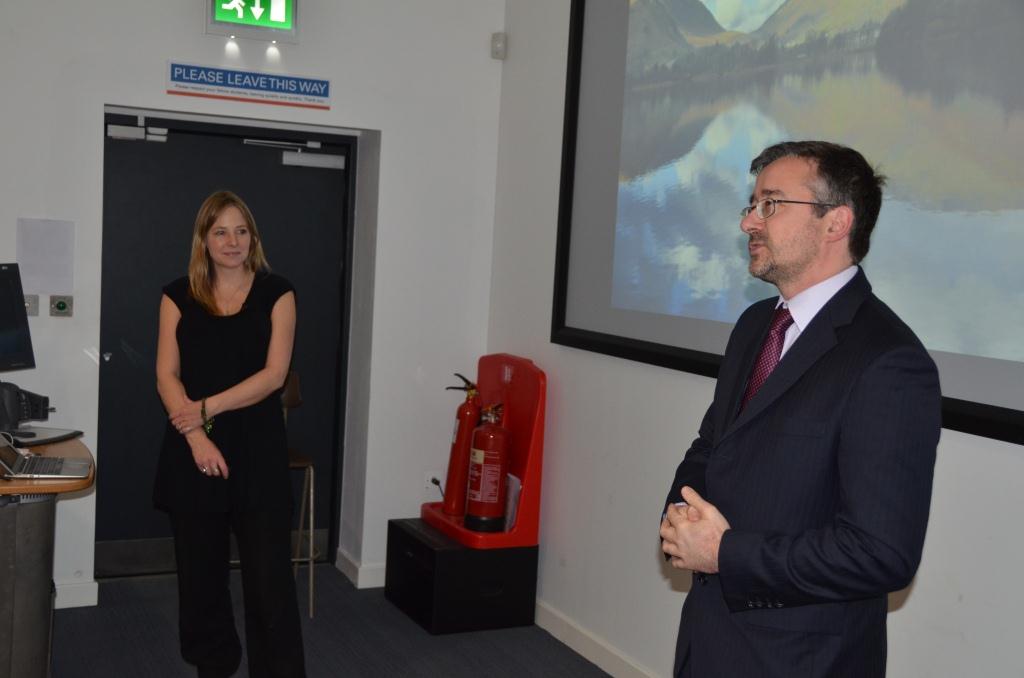
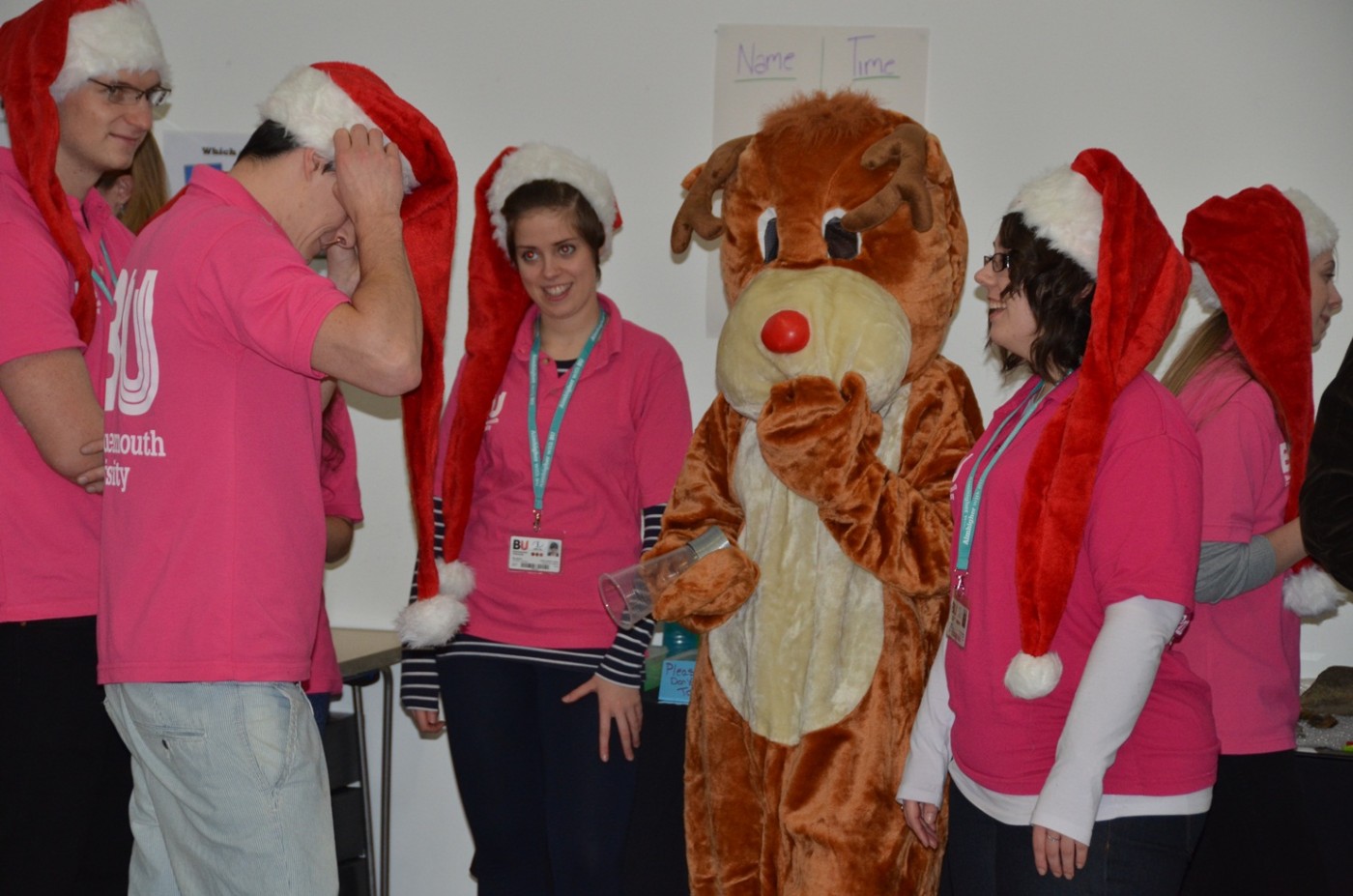

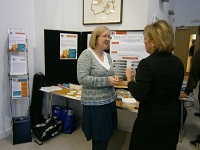
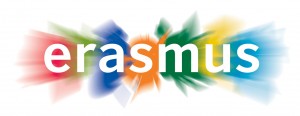
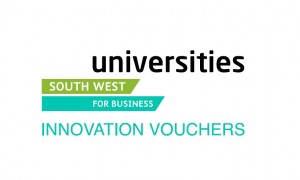



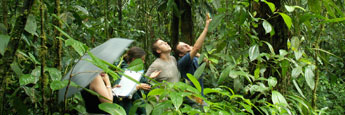
 On Wednesday the 12th of December 2012 Dr Eike Falk Anderson, Senior Lecturer in Game Development at BU’s National Centre for Computer Animation (NCCA), and Drs Christopher Peters and Fotis Liarokapis from the department of Computing at Coventry University will hold the IET (Institution of Engineering and Technology) Birmingham’s Christmas Lecture on
On Wednesday the 12th of December 2012 Dr Eike Falk Anderson, Senior Lecturer in Game Development at BU’s National Centre for Computer Animation (NCCA), and Drs Christopher Peters and Fotis Liarokapis from the department of Computing at Coventry University will hold the IET (Institution of Engineering and Technology) Birmingham’s Christmas Lecture on 

 We’ve added posts to the Blog previously about the outcome of the Finch Report (
We’ve added posts to the Blog previously about the outcome of the Finch Report (











 REF Code of Practice consultation is open!
REF Code of Practice consultation is open! BU Leads AI-Driven Work Package in EU Horizon SUSHEAS Project
BU Leads AI-Driven Work Package in EU Horizon SUSHEAS Project Evidence Synthesis Centre open at Kathmandu University
Evidence Synthesis Centre open at Kathmandu University Expand Your Impact: Collaboration and Networking Workshops for Researchers
Expand Your Impact: Collaboration and Networking Workshops for Researchers ECR Funding Open Call: Research Culture & Community Grant – Apply now
ECR Funding Open Call: Research Culture & Community Grant – Apply now ECR Funding Open Call: Research Culture & Community Grant – Application Deadline Friday 12 December
ECR Funding Open Call: Research Culture & Community Grant – Application Deadline Friday 12 December MSCA Postdoctoral Fellowships 2025 Call
MSCA Postdoctoral Fellowships 2025 Call ERC Advanced Grant 2025 Webinar
ERC Advanced Grant 2025 Webinar Update on UKRO services
Update on UKRO services European research project exploring use of ‘virtual twins’ to better manage metabolic associated fatty liver disease
European research project exploring use of ‘virtual twins’ to better manage metabolic associated fatty liver disease